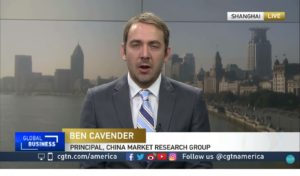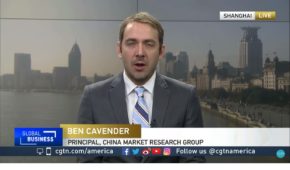
In the past, China’s consumers focused often on foreign luxury brands, but those days are over. Unfortunately, most brands failed to follow that cue from their buyers in China, although the situation is improving, says Shanghai-based branding expert Ben Cavender in Jing Daily.
Jing Daily:
Back when Hermès announced it was launching a Chinese luxury brand in 2010, many scoffed. How could China produce a contemporary luxury brand? Fast forward to today and that possibility is becoming a reality. But, as COVID-19 continues to keep borders shut, why aren’t more Western companies eyeing local Chinese market leaders for a strategic route in, and where are the big success stories?
Aside from the notoriously slow burn of luxury investments requiring especially long pockets, past examples have often not been sufficiently localized. Qeelin, Shang Xia, or even Shanghai Tang, are brands that could have done quite well according to Shanghai-based Ben Cavender, managing director of China Market Research Group, but were not positioned and supported in a way that truly allowed them to be successful.“The challenge with these examples is you have a domestic brand that’s taken foreign investment but has then been given a foreign lens to look at the market… So the products appeal to a luxury consumer sitting in the West,” he explained.
Naturally, if you are a Chinese brand selling to Chinese consumers there needs to be a reorientation on what your story and products should be, which Cavender thinks is often mismatched. Over the last number of years, this “mismatch” has been better served through partnerships with young Chinese designer brands as a way to test the water: Chenpeng, 8on8, and Feng Chen Wang have all collaborated with Western names.
Ben Cavender is a speaker at the China Speakers Bureau. Do you need him at your (online) meeting or conference? Do get in touch or fill in our speakers’ request form.
Are you looking for more branding experts at the China Speakers Bureau? Do check out this list.







